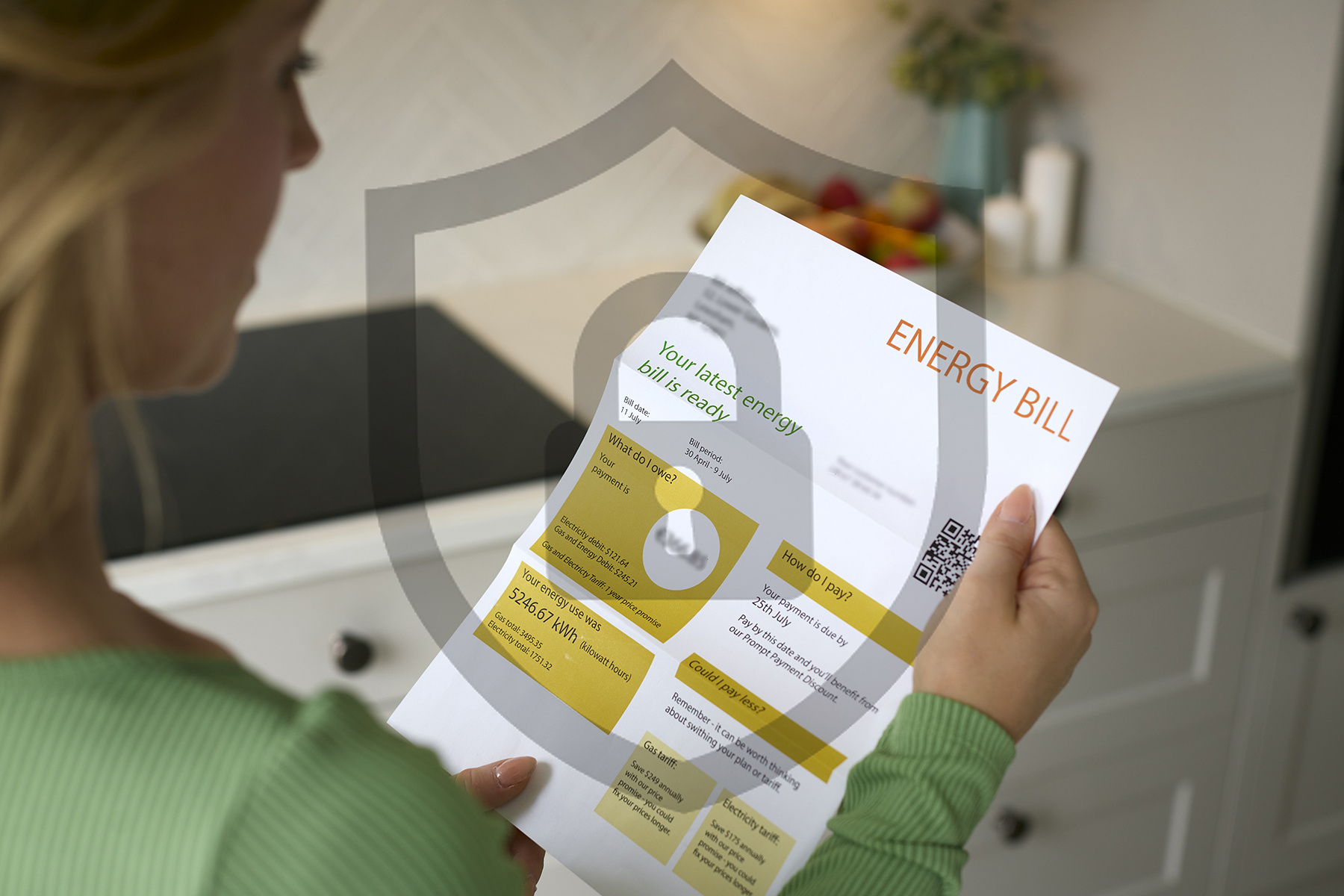Making sure that your voice and image stay consistent throughout each piece of marketing collateral is essential to maintaining trust in your brand. One way to ensure your marketing collateral stays consistent is to house all of your print and digital assets, brand guidelines, and updates in one centralized platform.
But how do you choose the right partner for your business? We’re digging into the essential questions you need to ask to make sure you choose the right partner for your business.
Top 8 Questions to Ask Brand and Marketing Collateral Partners
There are some essential questions you need to ask potential brand and marketing collateral partners to make sure your brand is in good hands and that the partner is meeting all of your brand collateral needs.
1. Do they align with your goals?
You have a vision of where you want to go with your brand and what you want to achieve. Assessing the marketing partner's values is essential to making sure that you and they are on the same page and heading in the same direction. The more you know about your potential marketing partner’s values and their own voice, the easier it will be to determine if they are a good fit for your brand.
2. Do they offer a distributed print model?
Do you have to ship collateral to many different places in the U.S.? Make sure you’re able to seamlessly manage and print your brand collateral when and where you and your partners need it.
A distributed print model won’t bind you to one fulfillment or production center, and you’ll have the added benefit of printing, packaging, and mailing closer to the final destination point of your collateral, thus saving money and time.
It’s also helpful to have one partner who can print all of your collateral to help streamline efficiencies and allow for a more unified process.
3. How is their support after onboarding?
Does the brand collateral platform offer support after onboarding, or do they onboard and then are more hands-off? Think about how much support you want after onboarding and if you will be able to achieve your goals with the level of support the partner offers.
For example, Southeastern offers full support to our clients after onboarding and can train users as needed. We also offer quarterly reviews with sales representatives to analyze data and platform usage.
4. What is the onboarding and training process? Can the platform organize users and allow for seamless onboarding of new hires?
Make sure you fully understand what the onboarding process is going to look like, if it’s organized, and if it’s going to be an exhaustive process or a seamless one. Another important point to think about is how responsive the partner is to any changes.
Southeastern, for example, has a quick response time to changes needed at any time. The marketing industry changes frequently, and your marketing partner should keep up with the new trends and quickly implement any changes you want to make.
5. How is inventory managed? Does the platform provide real-time inventory counts?
Managing your inventory is integral to your brand’s success. Does the platform send you an alert when you’re running low on a specific product? Can the platform coordinate all aspects of fulfillment, such as order and inventory management?
Look for a partner that allows you to view data on your inventory, provides real-time inventory reporting so you know exactly what assets you have available, and notifies you when your inventory is running low.
6. What is the capability for different users? Can the platform enable all of your sales channels and allow for spending management?
Granting permissions for your marketing assets to different users can ensure easy access to the necessary materials while locking down specific content to certain users to maintain consistency. User permissions are also helpful for managing your budget. Check if you’re able to set spending limits by user, product, or a combination of the above to make sure you’re efficiently managing spending.
7. Is the platform customizable? Can the platform grow as your company does?
An important point to consider is if there are limitations to what you can customize on the platform. Does the platform have the capability to grow when your company does, or are you going to have to potentially search for a different platform in a few years? Make sure you have the right long-term brand collateral partner that is going to continue to grow their platform.
8. Does the platform offer quarterly reporting check-ins? What type of reporting is provided?
It’s essential to understand what assets are being ordered, by who, and how often. Receiving frequent reports will help you have insight into what assets are being ordered and are in frequent demand, and which assets are underutilized.
With the right reporting tools in place, you’ll have valuable insight into the correlation between sales collateral and sales figures. This information can allow you to see which assets are in demand and how that’s reflected in sales performance.
Ready to Choose Your Marketing Collateral Platform?
Interested in learning more about how to choose the right marketing collateral management platform for your brand? Download our e-book, From Print to Digital: Choosing the Right Brand and Marketing Collateral Management Platform, today!



